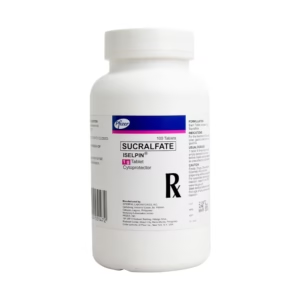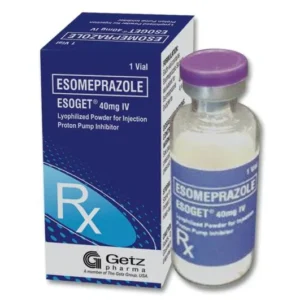-
Hyoscine/Scopolamine Hydrobromide
Hyoscine/Scopolamine Hydrobromide is an anticholinergic used to prevent motion sickness and treat nausea.
Applications:
-
Prevents motion sickness-related nausea and vomiting.
-
Used for postoperative nausea and in palliative care to reduce secretions.
Side Effects:
-
Common: dry mouth, drowsiness, blurred vision, and dizziness.
-
Serious (rare): confusion, hallucinations, and urinary retention.
Br120.00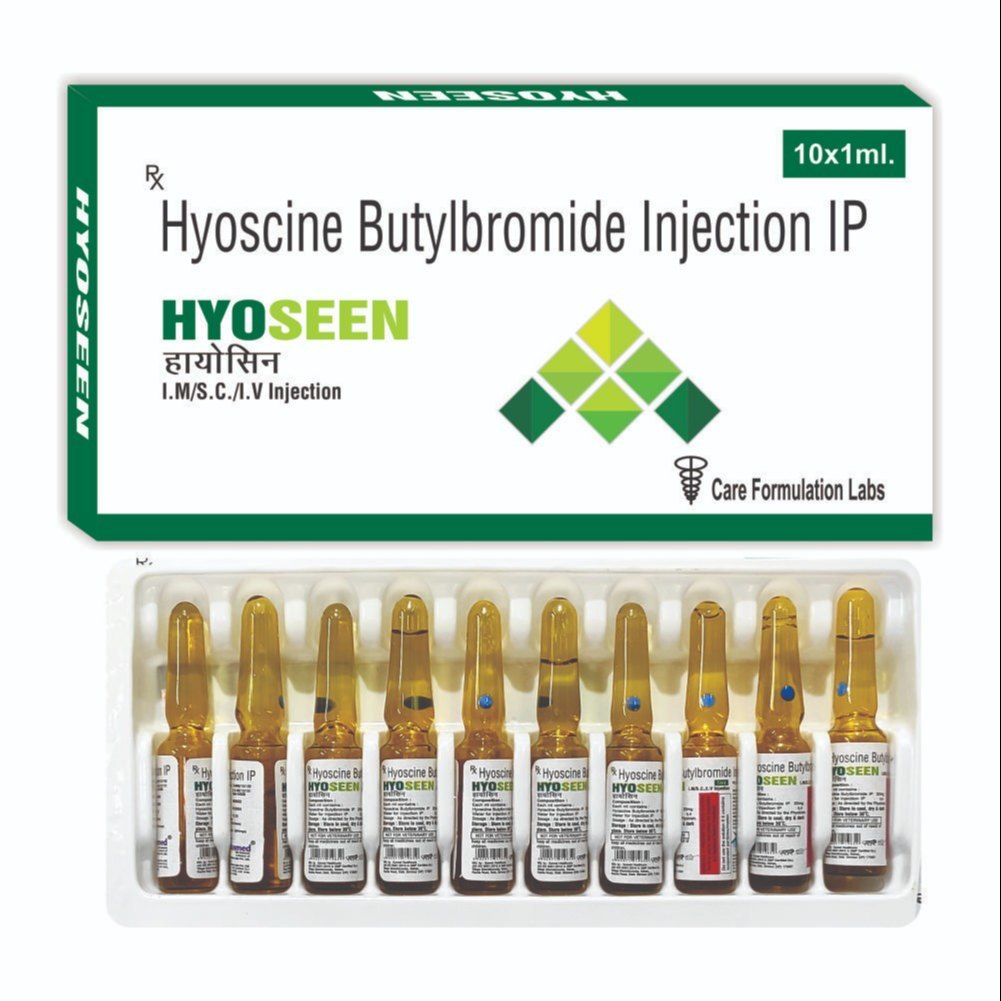

Hyoscine/Scopolamine Hydrobromide
Br120.00 Select options This product has multiple variants. The options may be chosen on the product page -
-
Granisetron Hydrochloride
Granisetron Hydrochloride is a 5-HT3 receptor antagonist used to prevent and treat nausea and vomiting.
Applications:
-
Prevents nausea and vomiting from chemotherapy and radiation therapy.
-
Used postoperatively to manage nausea and vomiting.
Side Effects:
-
Common: headache, constipation, dizziness.
-
Serious (rare): QT prolongation, allergic reactions.
Br120.00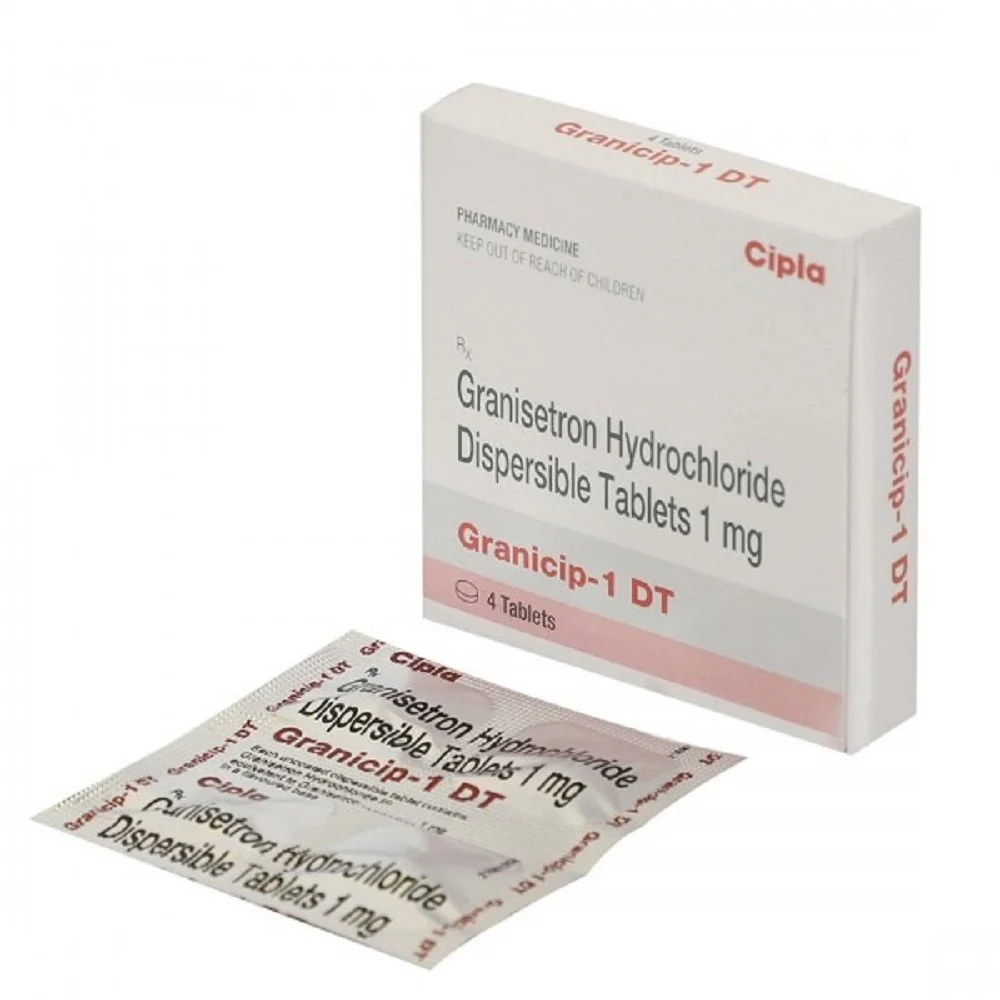
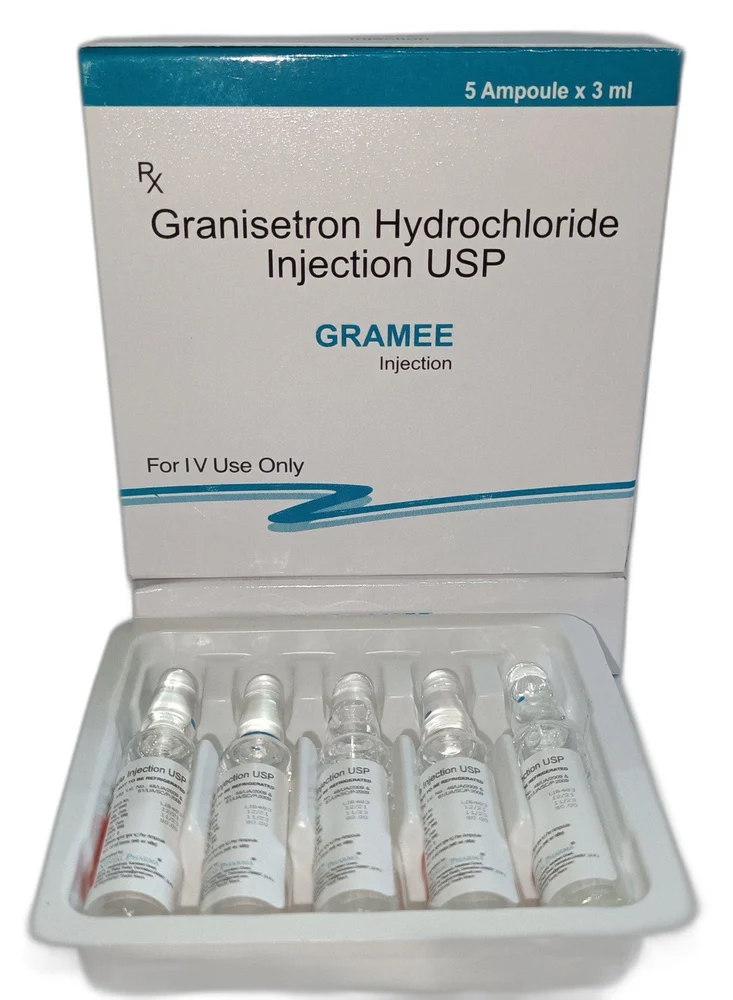
Granisetron Hydrochloride
Br120.00 Select options This product has multiple variants. The options may be chosen on the product page -
-
Mebeverine
Applications:
-
Irritable Bowel Syndrome (IBS): Relieves abdominal pain, bloating, and cramps.
-
Functional GI Disorders: Manages spasms in conditions like diverticulitis.
Side Effects:
-
Common: Mild dizziness, headache, nausea.
-
Rare:
-
Allergic reactions (rash, itching).
-
Constipation or diarrhea.
-
Br120.00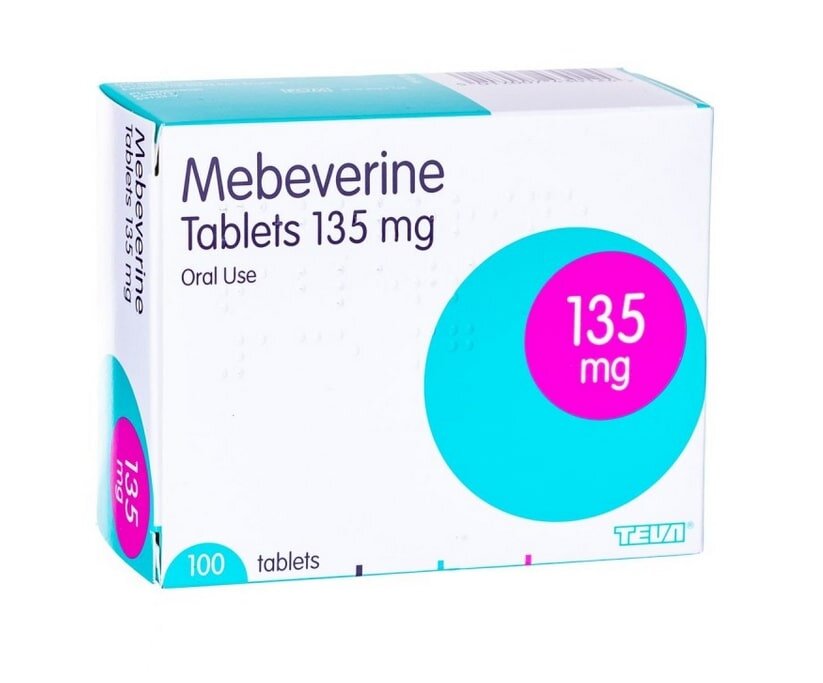
Mebeverine
Br120.00 Select options This product has multiple variants. The options may be chosen on the product page -
-
Drotaverine
Applications:
-
Abdominal Pain: Relieves cramps in IBS, gastritis, or menstrual discomfort.
-
Biliary Colic: Eases spasms in gallbladder/bile duct disorders.
-
Urinary Tract Spasms: Treats discomfort from kidney stones or UTIs.
-
Gynecological Use: Reduces labor pains (off-label) and dysmenorrhea.
Side Effects:
-
Common: Dizziness, nausea, mild headache.
-
Rare:
-
Allergic reactions (rash, itching).
-
Low blood pressure (with high doses).
-
Rapid heartbeat (tachycardia).
-
Br120.00

Drotaverine
Br120.00 Select options This product has multiple variants. The options may be chosen on the product page -
-
Sucralfate
Sure! Here’s a similar overview for sucralfate:
Applications:
- Used primarily to treat and prevent peptic ulcers by forming a protective barrier over ulcer sites in the stomach and intestines.
- Often prescribed for gastroesophageal reflux disease (GERD) and to manage conditions involving damage to the stomach lining, like gastritis.
- Can help in the healing of esophageal ulcers, as well as ulcers caused by nonsteroidal anti-inflammatory drugs (NSAIDs).
Side Effects:
- Common side effects include constipation, dry mouth, and mild stomach discomfort.
- Rare but serious side effects can include allergic reactions, severe abdominal pain, or difficulty breathing.
- Prolonged use may lead to malabsorption of nutrients like phosphate, which can cause low phosphate levels.
- In some cases, patients may experience dizziness or headache.
Sucralfate is typically considered a safe treatment, but like with any medication, it’s important to monitor for any adverse effects, particularly with long-term use.
Br120.00
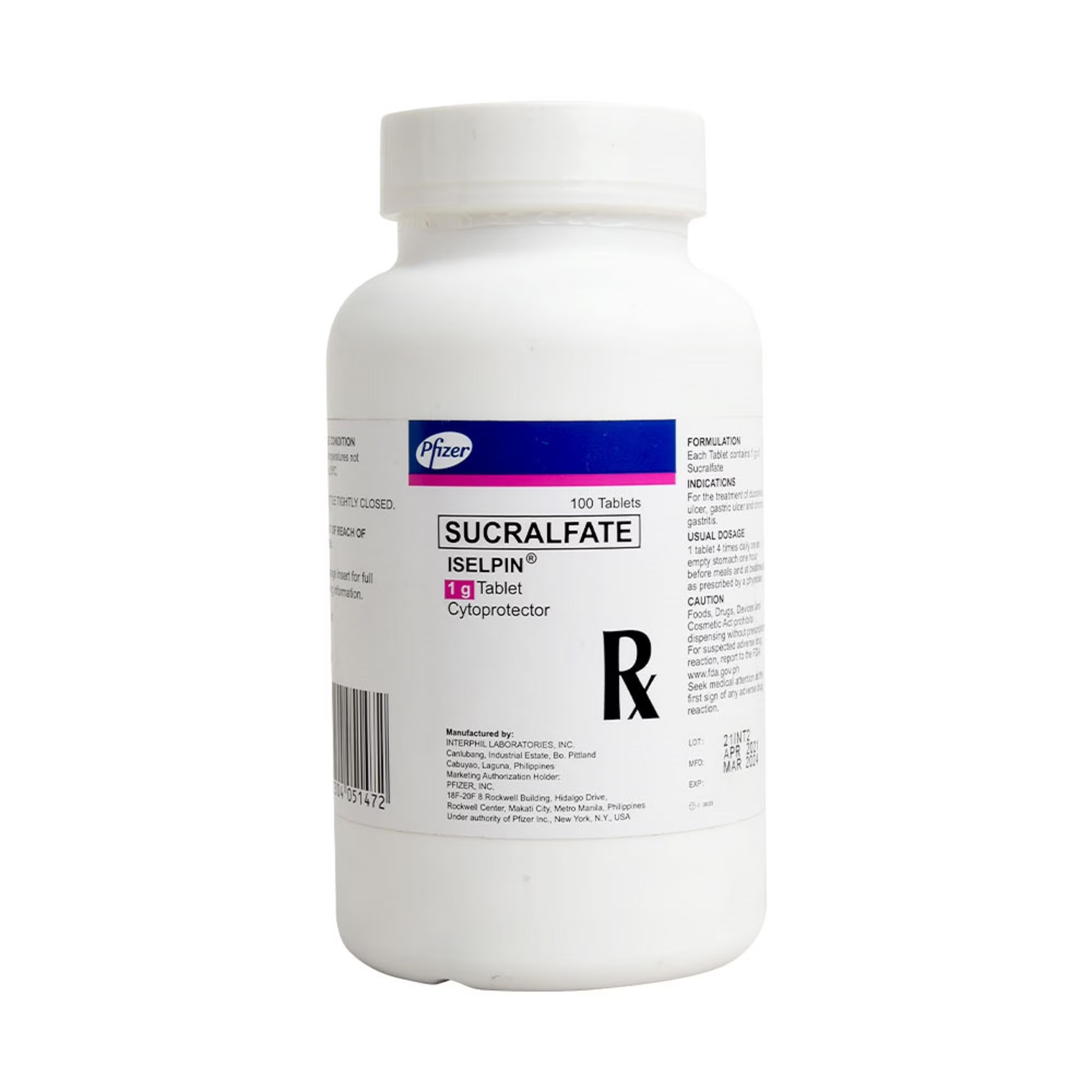
Sucralfate
Br120.00 Select options This product has multiple variants. The options may be chosen on the product page -
Esomeprazole
Applications:
- Used to treat gastroesophageal reflux disease (GERD), peptic ulcers, and Zollinger-Ellison syndrome.
- Helps reduce stomach acid production, promoting healing and preventing acid-related damage.
Side Effects:
- Headache, nausea, and diarrhea.
- Long-term use may increase the risk of fractures, kidney issues, and vitamin B12 deficiency.
Esomeprazole is effective in reducing acid production, helping treat GERD and ulcers, but prolonged use can lead to some serious side effects, especially with prolonged therapy. It’s important to monitor for any complications, particularly with long-term use.
Br120.00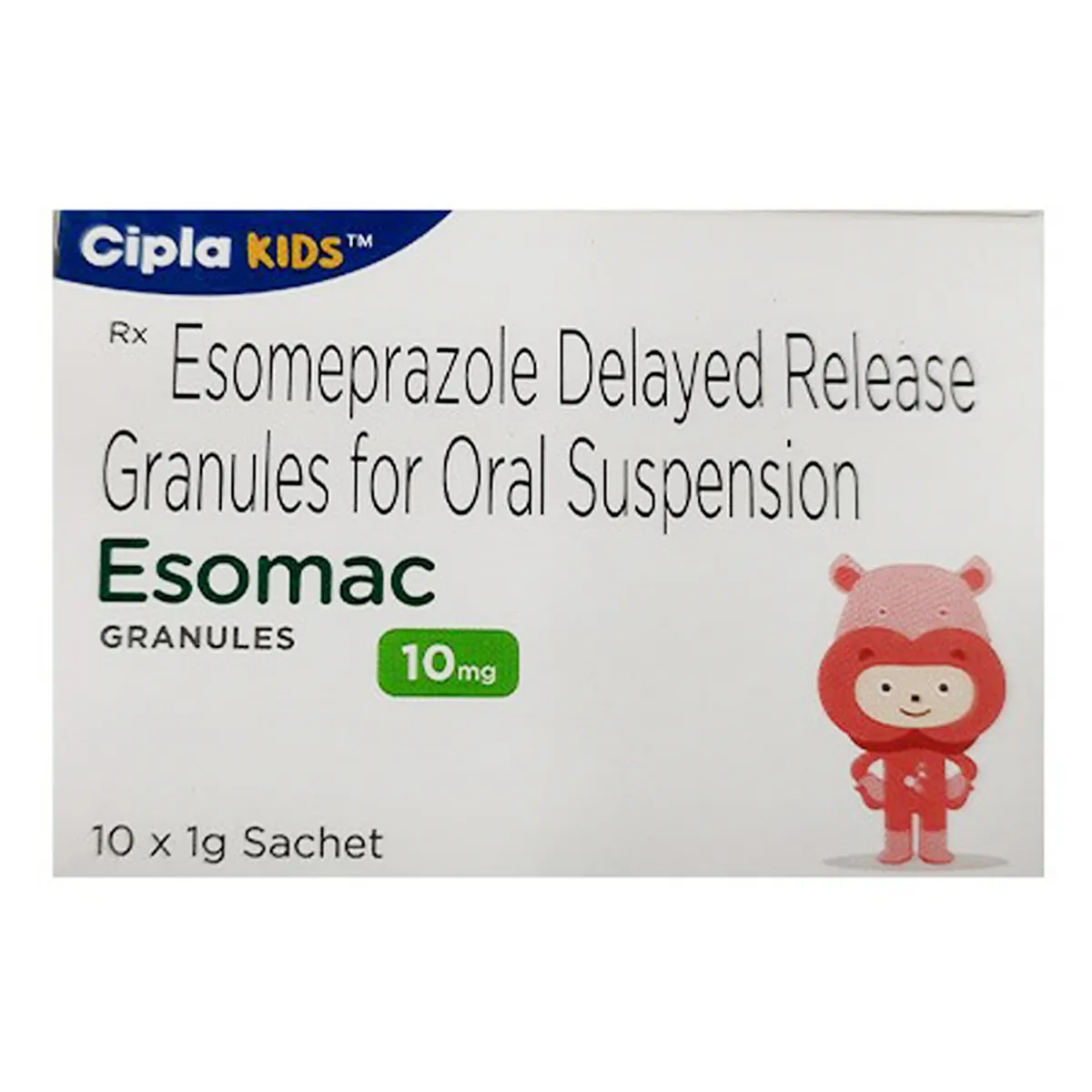
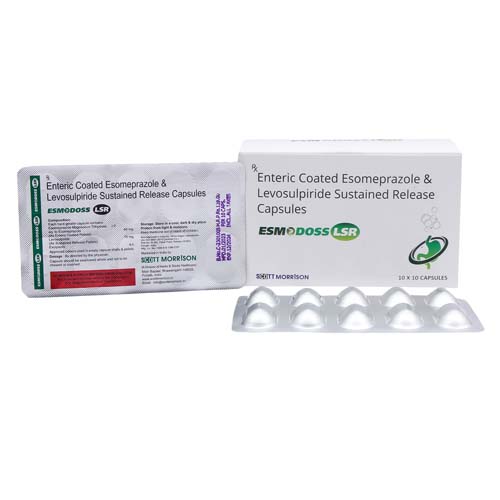
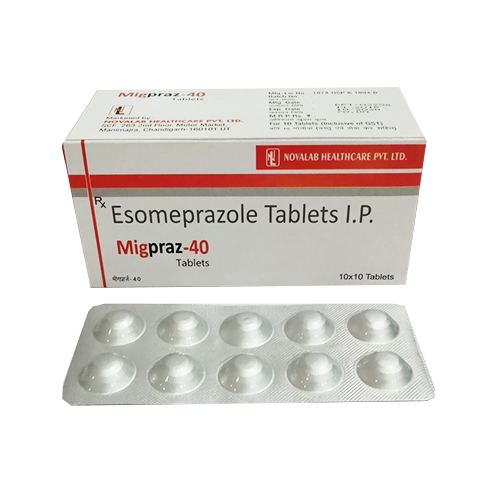
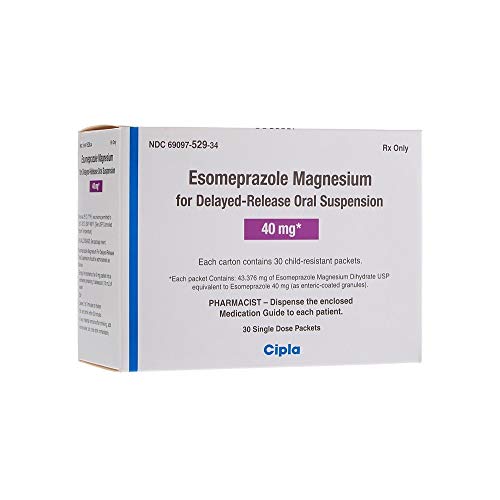
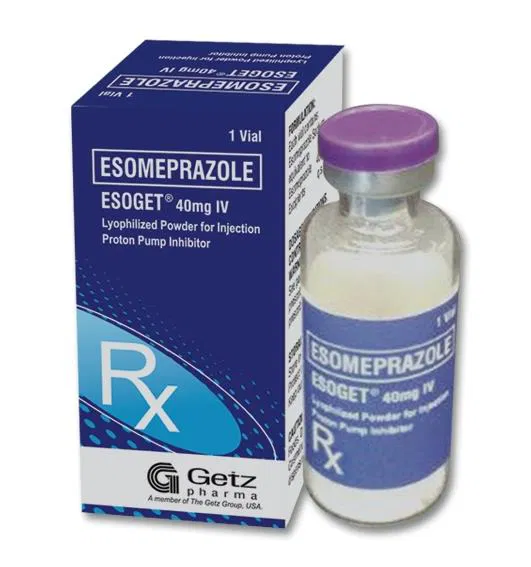
Esomeprazole
Br120.00 Select options This product has multiple variants. The options may be chosen on the product page





